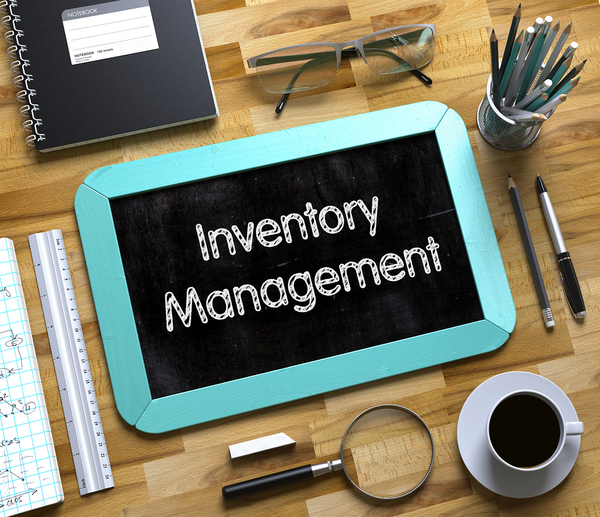
Inventory control helps coordinate the shifting supply and demand functions, plays a key role in manufacturing and distribution, and needs to be integrated closely with other core business functions such as finance and sales. Maintaining inventory in real time is a challenge for many organization at every stage of business development.
An enterprise resource planning (ERP) solution helps keep together the various moving components related to inventory control and warehouse management.
How an ERP helps inventory management
When it comes to integrating the key components of inventory control, here’s how an ERP software solution makes sense.
- Processing time. For processing functions, timing is critical. An ERP connects production functions with warehouse management and fulfillment functions. The pacing of manufacturing enables companies to know exactly when completed goods will be delivered and available for distribution.
- Costs. Pricing and timing of purchase play a critical role in supply chain management and inventory control. With an ERP solution, companies can dramatically reduce costs by having real-time, company-wide data available to make smart purchasing decisions. Comprehensive solutions provide employees with the best information about commodity availability and price, while also allowing for automated decision-making.
- Availability. The availability of raw materials and finished goods is a big factor in managing warehouse space and scheduling manufacturing. ERP solutions enable sound inventory allocation and material resource planning (MRP) that, in turn, allows for sound and predictable manufacturing scheduling.
- Operations. Processing materials requires a clear understanding of where materials are and when they can be used in manufacturing. Without accurate information on sales and demand, production can get well ahead or fall behind anticipated need. An ERP provides insights into all of these areas simultaneously, facilitating smoother operations throughout the enterprise.
- Data and documentation. An ERP helps companies to create the right reports for deep analytics, using real-time data. These systems let companies calculate the needs of a manufacturing operation, report on efficiency and supply chain productivity, and gain insights to improve operations.

Balancing investment in inventory
Companies want to minimize the costs associated with inventory while keeping operations running at peak efficiency. This is epitomized by the concepts of lean processing, doing away with the waste associated with extra or non-usable inventory. The most effective tool for promoting this is a comprehensive ERP solution. This enables companies to reduce waste, minimize surplus, and work closely with partners throughout the supply chain to best manage storage, production, and distribution. Better insights allow for the retention of the right amount of safety stock, which acts as a buffer in cases of delay or unexpected sales surges.
The ERP also allows companies to better manage some of the variables associated with different locations, such as utility costs, labor costs and availability, and transportation availability.
At NexTec, we understand the importance of sound inventory management. We work with companies across industries to understand the unique challenges and opportunities they face. We then recommend the right ERP solutions that contain the features and solutions necessary at the right price point.
Our teams of experienced consultants across the country take the time to learn what our customers need and deliver solutions that enhance inventory management and other related business functions. Download the NexTec Corporate Overview Brochure to see how our expertise can improve your company’s operations.
